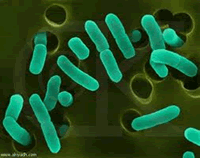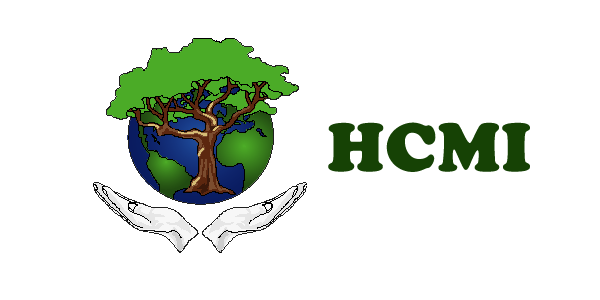Vibrio

Several species of Vibrio are pathogens. Most disease causing strains are associated with gastroenteritis (food poisoning, usually associated with eating undercooked seafood) but can also infect open wounds and cause septicemia (severe infection). It can be carried by numerous sea-living animals, such as crabs or prawns, and has been known to cause fatal infections in humans during exposure.
Pathogenic Vibrio cholerae is the causative agent of cholera, an infection of the small intestine. The primary symptoms of cholera are profuse painless diarrhea and vomiting of clear fluid. These symptoms usually start quickly, within one to five days after ingestion of the bacteria. The diarrhea is frequently described as "rice water" in nature and may have a fishy odor. An untreated person with cholera may produce 10–20 liters of diarrhea a day with fatal results. If the severe diarrhea and vomiting are not aggressively treated within hours, life-threatening dehydration and electrolyte imbalances can occur. The typical symptoms of dehydration include low blood pressure, poor skin turgor (wrinkled hands), sunken eyes, and a rapid pulse. For every symptomatic person there are 3 to 100 people who get the infection but remain symptom free.
Vibrio vulnificus outbreaks (a species that causes food poisoning) commonly occur in warm climates and small, generally lethal, outbreaks occur regularly. An outbreak occurred in New Orleans after Hurricane Katrina and several lethal cases occur most years in Florida.
Many Vibrio are also zoonotic, meaning they cause disease in fish and shellfish, and are common causes of mortality among domestic marine life.
This Quantum Formula antidotes the various species in the Vibrio genus and all of its subspecies.
